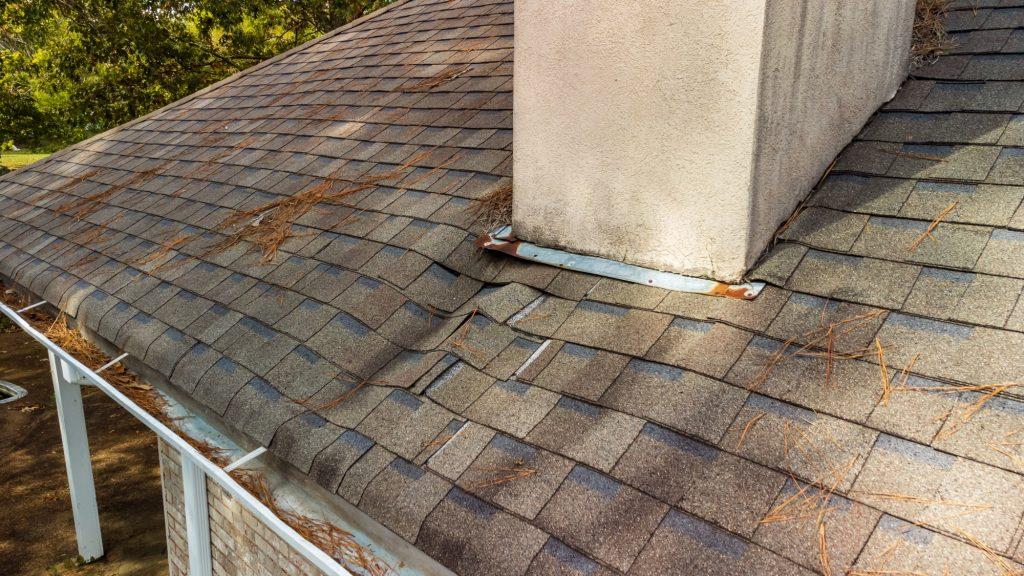The roof is one of the most critical components of your home, providing shelter and protection from the elements. While a leaking roof is an obvious sign that it needs attention, the question arises: should you replace your roof if it’s not leaking? In this article, we’ll delve into this common dilemma, exploring the reasons to consider roof replacement even when there are no visible leaks.

Assessing Your Roof’s Condition
Understanding Roof Lifespan
Roofs, like all parts of your home, have a finite lifespan. The typical asphalt shingle roof can last anywhere from 20 to 30 years, depending on various factors, including the quality of the materials, installation, and local climate conditions. Therefore, the age of your roof is an essential consideration.
Signs of Wear and Tear
Even if your roof isn’t actively leaking, it may still show signs of wear and tear. These can include missing or damaged shingles, granule loss, curling or buckling shingles, and visible signs of aging. If your roof exhibits any of these issues, it may be an indicator that it’s nearing the end of its useful life.
Consider the Long-Term Costs
Preventative vs. Reactive Maintenance
Roof replacement is an investment in your home’s future. By replacing your roof before it starts leaking, you can prevent costly damage to your home’s interior, such as water damage to ceilings, walls, and insulation. This preventative approach can potentially save you money in the long run.
Energy Efficiency
An older roof may lack the energy-efficient features of modern roofing materials. Newer roofing options often come with improved insulation and reflective properties that can reduce your home’s energy consumption and lower your utility bills. So, replacing your roof can lead to long-term energy savings.
Curb Appeal and Home Value
A well-maintained and aesthetically pleasing roof adds to your home’s curb appeal and overall value. If you’re planning to sell your home in the future, an old or worn roof can be a turn-off for potential buyers. Investing in a new roof can make your home more attractive to buyers and potentially increase its resale value.
Environmental Considerations
If you’re concerned about the environmental impact of your home, choosing an eco-friendly roofing material during replacement can be a significant step. Many modern roofing options are made from sustainable materials and are designed to be recyclable at the end of their lifespan, reducing landfill waste.
Factors to Consider
Budgetary Constraints
Replacing a roof can be a significant financial undertaking. If your budget is limited, you may need to weigh the urgency of replacement against other essential home maintenance or improvement projects.
Consulting a Professional
To make an informed decision about whether to replace your roof, it’s crucial to consult with a roofing professional. They can assess your roof’s condition, provide expert guidance, and offer a detailed estimate of the costs involved.
Roofing Material Options
Consider the roofing materials available and their suitability for your home, climate, and budget. Options include asphalt shingles, metal roofing, wood shingles, and more.
Conclusion
While a non-leaking roof may not seem like an immediate concern, it’s essential to assess its condition regularly. Depending on factors like age, wear and tear, and long-term costs, replacing your roof before it starts leaking can be a wise investment in the safety, energy efficiency, and value of your home. Consulting with a roofing professional and carefully considering your options will help you make an informed decision regarding the timing of your roof replacement.



Leave a Reply